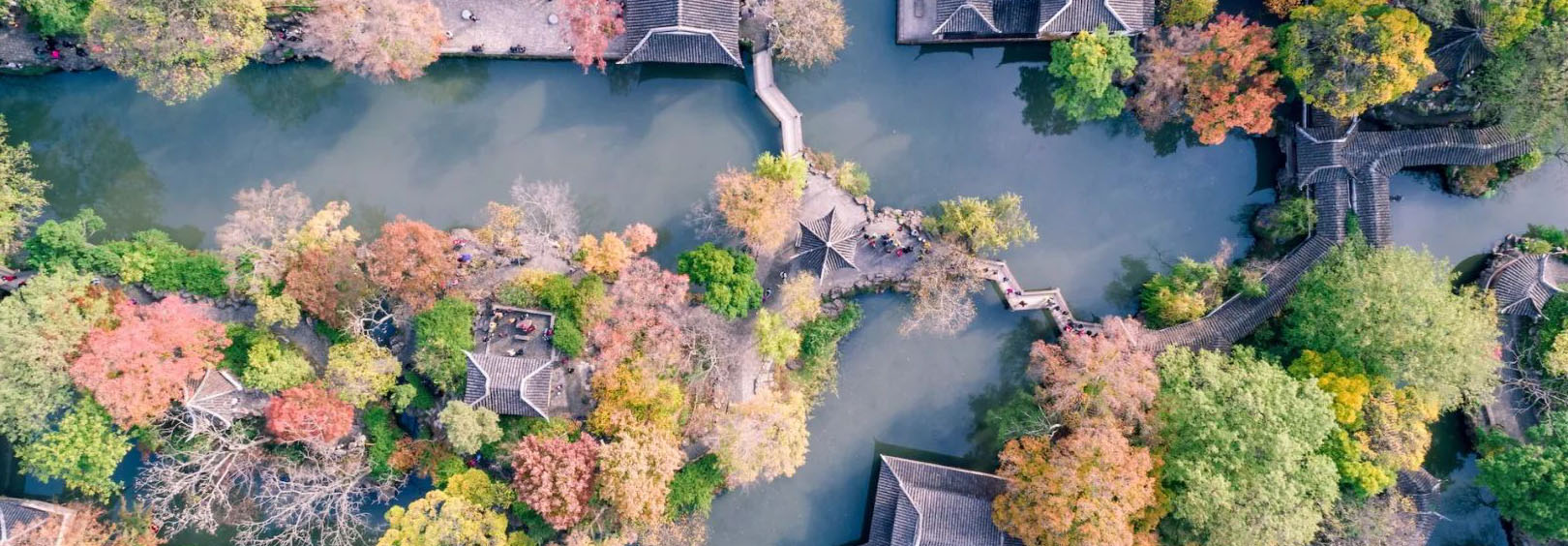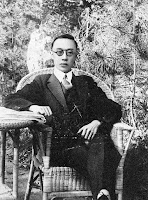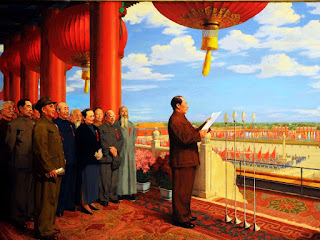Humble Administrator’s Garden

Humble Administrator's Garden, a representative of Jiangnan gardens, is the largest and most famous garden in Suzhou . It's also one of four classic gardens (others are Beijing Summer Palace, Chengde Summer Resort, and Suzhou Lingering Garden ) in China. The entire garden is composed of three parts: east, central, and west parts, in which the middle part is the essence. Humble Administrator's Garden Basics of the Humble Administrator’s Garden Name : 拙政园 in Chinese and Humble Administrator's Garden in English Humble Administrator's Garden Area : 5.6 hectares (13.8 acres) Age : Built in the 1510s with a history of more than 500 years Entrance Tickets : 70 RMB (Jan., Feb., Mar., Jun., Nov., and Dec.); 80 RMB (Apr., May, Jul., Aug., Sep., and Oct.) Opening Hours : 7:30 -17:30 (Mar.1st - Nov.15th); 7:30 - 17:00 (Nov.16 - Feb.) Address : No.178, Northeast Street, Gusu District, Suzhou City, Jiangsu Province The Time Needed : 2–3 hours How Was the Humble Administrator’s G...




